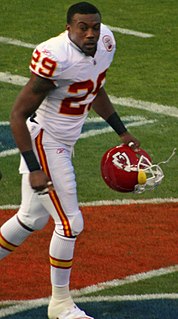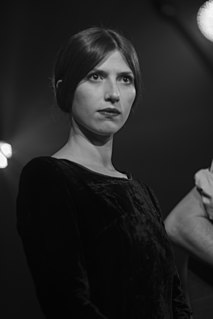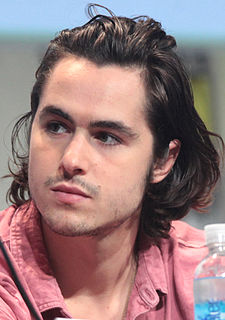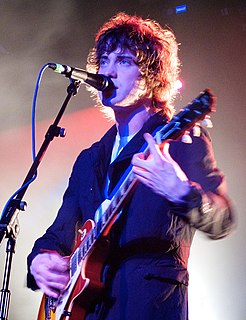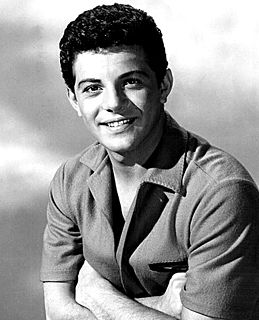A Quote by Bruce Springsteen
I think initially, our audiences were filled with young men. You know, our initial audience was a lot of young guys who I think were trying to - who you played a bit of a big brother role for and were trying to sort out a lot of the same things right - soon as "Born To Run" hit, you know? So it was something that I worked pretty hard on.
Related Quotes
You're young and you're always in pursuit your young manhood. You're trying to figure out - what does that mean? What does - you know, there's a lot of pressure on young men to sort that out. And, you know, we tend to gravitate towards one-dimensional iconography as far as what it means to be a fully grown man. And you can get lost in so much of it out there.
We know there are a lot of good secondaries out there. We are just trying to focus on what we can do to get better. We've got some new, young guys coming in and we are trying to catch them up to speed. We are trying to make sure that we have depth, making sure the guys behind us know what is going on. We are going to keep pushing each other to raise the standard for our secondary.
Seventeen's not so young. A hundred years ago people got married when they were practically our age." "Yeah, that was before electricity and the Internet. A hundred years ago eighteen-year-old guys were out there fighting wars with bayonets and holding a man's life in their hands! They lived a lot of life by the time they were our age. What do kids our age know about love and life?
I am in a space now where I can try anything; and with Pink Floyd we've always been in a space where we were able to try out anything. I think we were very young then and we were very keen to experiment and try things out. It seems to me that this sort of experimenting is like working yourself towards something and trying to find what you like and what you want.
I never felt pretty. I don't feel pretty now. I'm not a pretty person. I don't like pretty. So I don't feel badly. And I think it worked out well, because I found that all the girls I know who got by on their looks, as time went on and they faded, they were nothing. And they were very disappointed. When you're somebody like myself, in order to get around and be attractive, you have to develop something, you have to learn something, you have to do something. So you become a bit more interesting.
I think the problem with people, as they start to mature, they say, 'Rap is a young man's game,' and they keep trying to make young songs. But you don't know the slang - it changes every day, and you're just visiting. So you're trying to be something you're not, and the audience doesn't buy into that.
One of the things that happened that I think is noteworthy, my parents were pretty tolerant people given their position in society. They were pretty interesting about being interesting able to look at their children and think oh my children know things and they gave us a lot of sense of our own agency, and that may be a kind of a ruling class trait.
I didn't have a fraternity-like experience. I mean, I grew up with an older brother and a lot of male cousins and we were very physical with each other. We were very rambunctious when we were kids. But I never thought much - nor did I have reason to think much - about institutionalized hazing. But I think there's a reason young men are drawn to it.
When we were doing noisier shows, they were fun, but we were trying to be really obnoxious and it wasn't like we were trying to make good music. I mean, I'm happier when we have smoothed out a little bit. I think that the spirit of the noise and experimental stuff is still there, but it's easier to do when you're a freshman in college.
Segregation was ugly but we made something good out of something ugly. Since we were not welcome in other places run by White people, we were forced by circumstances to let our dollars circulate in our own communities. When you were young and I was young, there was a plethora of Black businesses. But when White folks said, "yes, come and spend your money with us," we ran downtown when we could only pass through downtown. Now downtown has our money.
Something else was different when we were young: our parents were outdoors. I’m not saying they were joining health clubs and things of that sort, but they were out of the house, out on the porch, talking to neighbors. As far as physical fitness goes, today’s kids are the sorriest generation in the history of the United States. Their parents may be out jogging, but the kids just aren’t outside.

